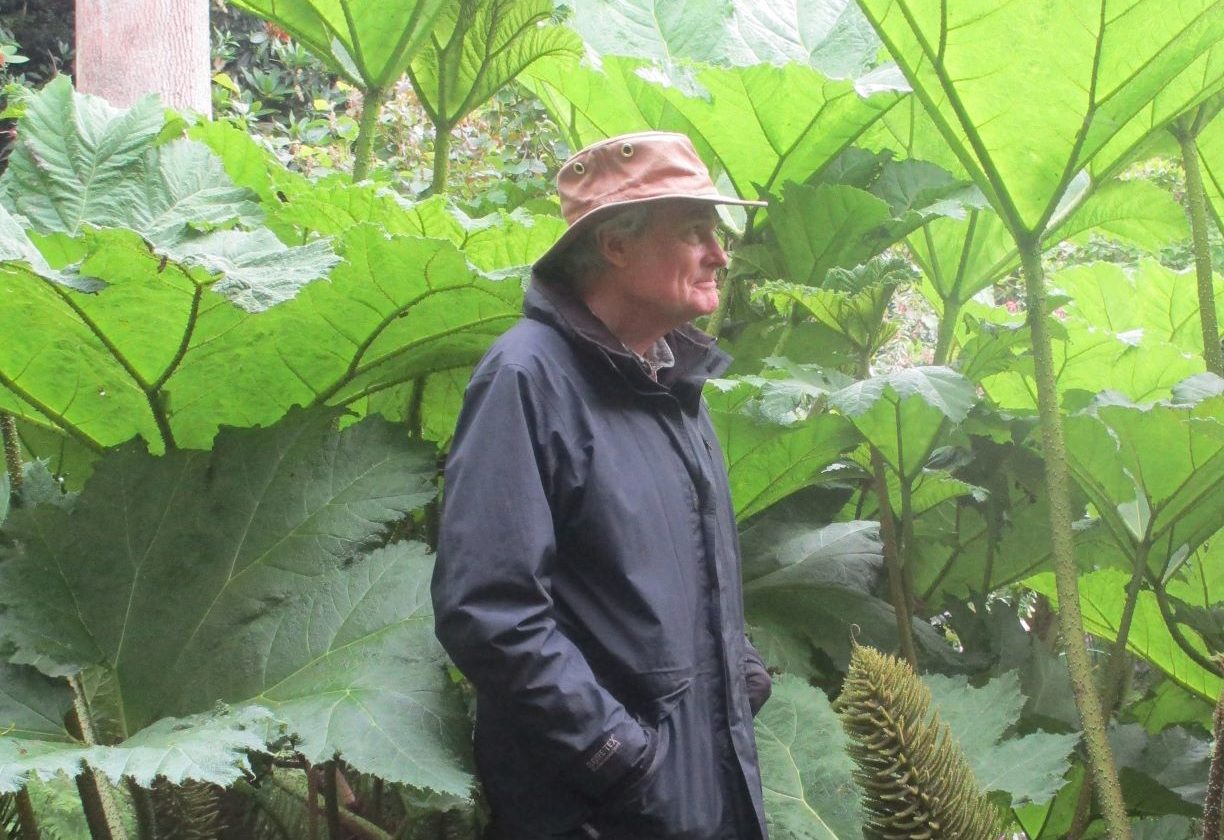Reflections in the Rear-View Mirror

“There have been some good things: the concern to respond to learners’ voice is evident in most institutions; some colleges still maintain their role in community education; universities are still populated by some colleagues who support each other; teacher education can still be inspirational.”
This blog celebrates Peter becoming Emeritus Professor of Education in the Education Observatory at the University of Wolverhampton and shares his answers to some questions we asked him recently about his career in education.
You asked me to share what I thought of as my main achievements. Developing special educational needs provision for young adults in a local authority made me realise that I could change policies and increase choices for parents and young people. Educational provision was not equitable and disabled people and their families struggled with the edges of entitlement, first at age 16, then 18 and 21. We began to expect more of colleges and they of students. Opportunities expanded. Making a difference of any kind was an achievement. As a full-time inspector for Further Education, I worked on the government inquiry into provision for disabled students. When we established the concept of ‘Inclusive Learning’ in 1996 I saw the work making a difference, to funding, to thinking and to support: it was a delight. The report helped the whole sector to see educational provision differently, more inclusively.
And here at Wolverhampton…
Working with doctoral students has been a privilege. They say you learn more when you teach it. For instance, how academic and critical writing should really be done. I have enjoyed taking writing sessions for colleagues and students alike. We desperately need time to help one another to write more and better. For me, scholarship and critical thinking should be at the heart of what universities do.
Useful projects included one with AONTAS, Ireland’s leading agency for adult education, on learner voice. It’s been exhilarating, using my experience from creating the National Society of Apprentices, on thinking through how best to engage learners so that their voice makes a difference to teaching, to institutions and to national education and training policy. It’s the learners at national meetings where the best stories have been told, often powerful and full of messages about democratic learning. These articulate and moving contributions have been fed into local policy discussions. The small international expert group I belong to has shared new learning: what have we tried, how have policy makers shifted their views, how can organisations respond better. Last year I worked with Professor Sir Alan Tuckett on early literacy work in England and why student writing was essential to learning. From this I recently re-discovered Paulo Freire’s work on adult learning. Freire’s criticality, his approach to change and his understanding that there is no neutrality in education, can really change people’s lives. It’s been an honour (and fun) guest-editing the international Australian Journal of Adult Learning and contributing to events on Freire’s legacy in this his centenary year. But for me the journey has been a very personal one, right back to the days of teaching literacy to adults in my early twenties. Freire has been my biggest influence, along with education philosophers like Dewey and Pring, especially Freire’s letters which are vibrant, real and relevant still.
You ask about the most important changes in the field of education…
There have been massive changes. The ghastly ones include creeping credentialism where learning seems to be valued only if certification is attached to it; the narrowing of the further education curriculum and college purposes; the destruction of part-time liberal adult education. All this is both shocking and counter to what people really need from education. There have been some good things though: the concern to respond to learners’ voice is evident in most institutions; some colleges still maintain their role in community education; universities are still populated by some colleagues who support each other; teacher education can still be inspirational.

Professor Lavender relaxing, reflecting on a career in lifelong learning
Finally, you ask about research and my plans…
I fell into research through my own doctorate, on the learning that volunteers do, and although it was a tough experience I was hugely privileged to be part of the community of researchers at the University of East Anglia with Lawrence Stenhouse and colleagues. Experiences there have stayed with me. Later, I managed research that NIACE did for the government and the field of post-compulsory education with a team of forty research and development staff. We produced publications and reports on widening participation, disability issues, and teacher development, all aimed to improve policy and practice. Education research has changed little it seems to me. Articles seem duller; there is less funding for research and more hoops to jump through; we have repeated laments about lack of impact on policy. But it has been at times uplifting and of value. What next? More mutual support for neuro diverse students tackling their doctorates interests me. With our University mission to widen choices we could increase this focus. I will do my best not to be one of those emeritus professors staggering into a university with no conceivable use, but colleagues know they can call on me to examine a thesis, or do a mock viva, though I might be beekeeping. In this challenging environment the bees keep me busy!
For more information please contact the Corporate Communications Team.


/prod01/wlvacuk/media/departments/digital-content-and-communications/images-2024/240328-Varsity-Line-Up-Resized.jpg)
/prod01/wlvacuk/media/departments/digital-content-and-communications/images-18-19/220325-Engineers_teach_thumbail.jpg)
/prod01/wlvacuk/media/departments/digital-content-and-communications/images-2024/240515-Spencer-Jones-Award-Resized.jpg)
/prod01/wlvacuk/media/departments/digital-content-and-communications/images-2024/240320-Uzbekistan-Resized.jpg)
/prod01/wlvacuk/media/departments/digital-content-and-communications/images-2024/240229-The-Link-Resized.jpg)
/prod01/wlvacuk/media/departments/digital-content-and-communications/images-2024/240516-Andy-Gibson-Resized.jpg)